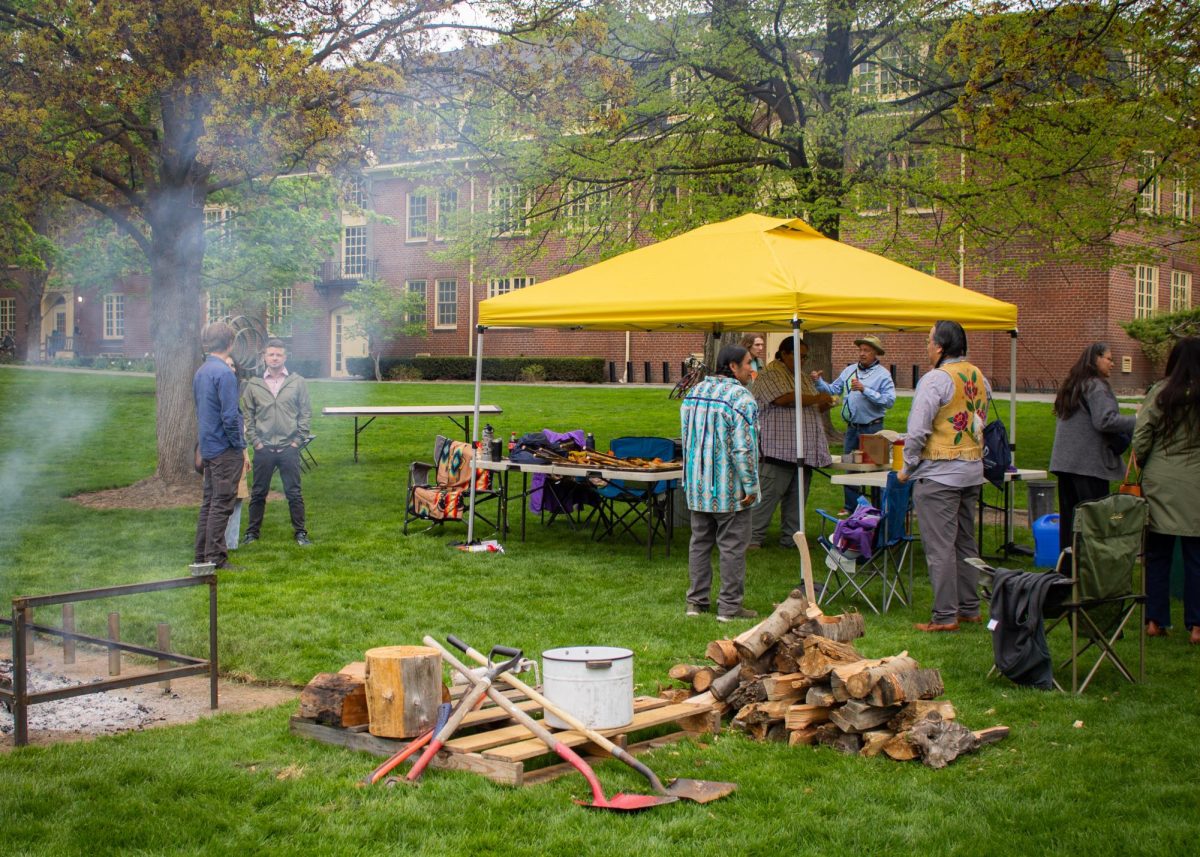Infographic by Julie Peterson.
At each of their three annual meetings, the Board of Trustees makes decisions that direct the future of the college. However, meetings of the Board of Trustees and the governing committees which advise them are closed to the student body, and much of the process that goes into making the college’s policies is kept confidential.
The Whitman community is only informed of decisions made by the board by public announcements which are occasionally released. The Board cites the sensitive nature of the topics it addresses as one of its primary reasons for maintaining secrecy, while students who work closely with the trustees note that confidentiality also serves to counteract misunderstandings about topics that lack context outside of meetings or plans that haven’t been fully approved. The secrecy of governing bodies at corporations and private institutions is a well-established precedent.
“The following topics are always confidential, and handled by the full Board in Executive Session: personnel matters, legal issues, real estate transactions and trustee nominations,” said Vice Chair of the Board of Trustees Nancy Serrurier in an email to The Pioneer. “Generally, all board discussions in a private institution are considered confidential. This is true for companies as well as educational institutions. If a board chooses to communicate about its discussions, it can do so by choice.”
Although no Whitman students have access to the confidential discussions of the Board of Trustees meetings, a small number of students and staff acting as representatives on committees which advise the board get some insight into what agenda is being set. Students on these committees are informed of the importance of confidentiality on certain issues. Many note that a common reason they are told not to discuss aspects of committee meetings is to prevent preemptive assumptions about what course the board is taking when issues are frequently undecided at the committee level.
“It would be detrimental for someone sitting on the committee meeting to go … ‘This policy’s happening’ when it’s actually not. So I think that’s the biggest reason for confidentiality in the committees,” said junior Jack Percival, a member of the Enrollment Committee.
Another major reason cited by students for why discussions are kept secret is for reasons of privacy. Committees can require confidentiality because they hold conversations about sensitive issues for Whitman community members’ physical and emotional well-being.
“Certain committees need to be confidential –– I think we can all accept that. Something like Student Life Committee, which deals with issues of sexual harassment [and] sexual assault, obviously needs to be confidential,” said senior Collin Smith, who previously served on the Budget Advisory Committee and has interacted with the board as a leader of Divest Whitman.
Because so much of the Board of Trustees’ meetings and committee meetings are kept secret, either because of practical or personal-safety reasons, confidentiality can also be self-perpetuating. The release of information without the much larger background that is often kept private can lead to inaccurate interpretations of the decision-making process, which in turn encourages secrecy to guard against the spread of over-simplified understanding.
“I think a common reason for confidentiality is that a lot of things are discussed in these meetings and … it’s difficult to understand unless the context is given. So if certain snippets of the conversation were to spread, then it could be easily misunderstood,” said ASWC President Tatiana Kaehler, who served on the Student Life Committee last year.
Even with the large amount of information that is withheld, students seeking information from the board often can get access to what they are looking for if they contact the right sources. According to Serrurier, there are many ways students can get in touch with board members, such as writing a letter to the board, attending networking events with governing boards or talking with ASWC leaders on campus. Additionally, Serrurier encourages students to go through staff and student representatives on committees that interact with board members to get information, or to give input on decisions announced by the Board of Trustees.
“Once the channels of communication have been established, I found it’s not that hard to get a lot of information out … It takes time, but once you’ve built a level of trust, you can get access to information,” said Smith.
















Beth Call • Jan 9, 2016 at 7:18 pm
As a resident and property owner at 102 Otis, I would appreciate information about Whitman’s construction plans in my neighborhood.